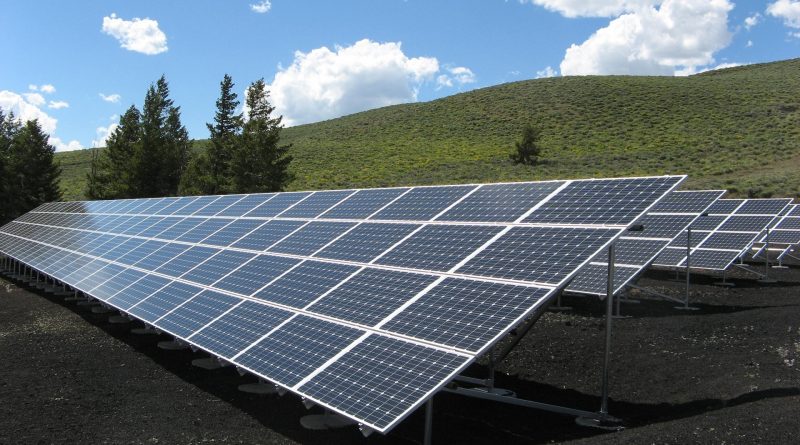Recycling ‘end-of-life’ solar panels, wind turbines, is about to be climate tech’s big waste business
Recycling solar panels is an important part of reducing waste and promoting sustainable energy production. Solar panels are made of various materials, including glass, metal, and semiconductor materials such as silicon, and they typically have a lifespan of 25-30 years. Once they reach the end of their useful life, they can be recycled to recover valuable materials and reduce the amount of waste going to landfills.
The recycling process for solar panels involves several steps. First, the panels are collected and transported to a recycling facility, where they are sorted and disassembled. The glass and metal components are separated from the semiconductor materials, which are then processed to recover valuable materials such as silicon, copper, and silver.
Recycling solar panels has several benefits. It reduces the amount of waste going to landfills, which helps to conserve natural resources and reduce greenhouse gas emissions. It also promotes the circular economy by recovering valuable materials and reducing the need for new raw materials.
There are currently several companies and organizations that offer solar panel recycling services, including the Solar Energy Industries Association (SEIA) and the International Renewable Energy Agency (IRENA). In addition, some solar panel manufacturers are starting to take responsibility for the end-of-life management of their products by implementing take-back programs and designing their panels for recyclability.
In conclusion, recycling solar panels is an important part of reducing waste and promoting sustainable energy production. As the use of solar panels continues to grow, it is essential to develop effective and efficient recycling programs that can recover valuable materials and reduce the environmental impact of solar panel production and disposal.




